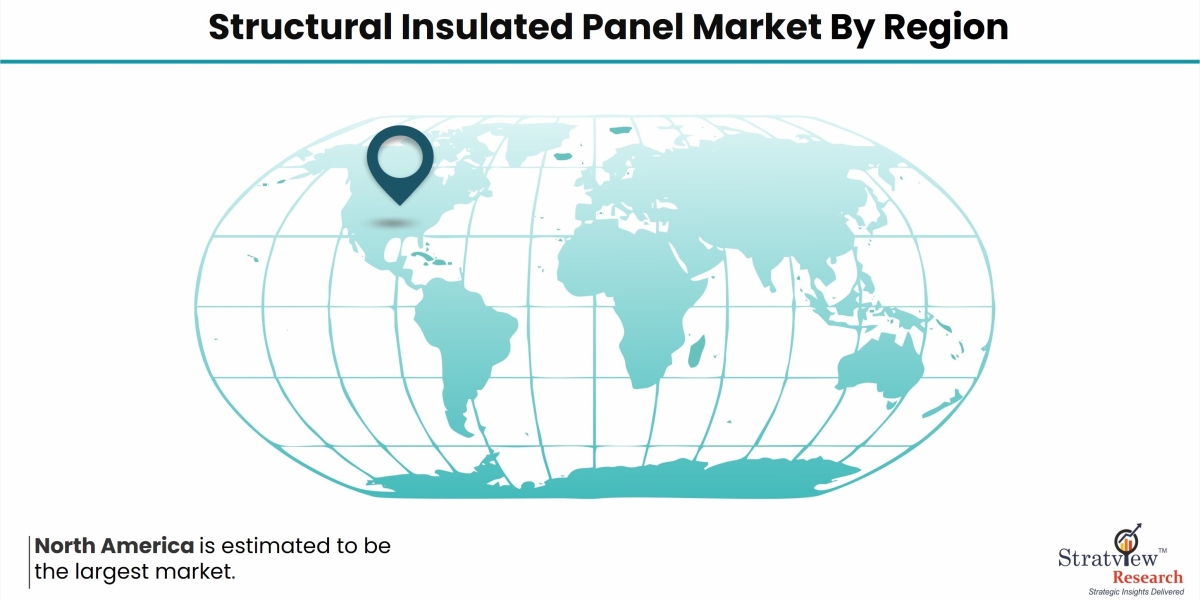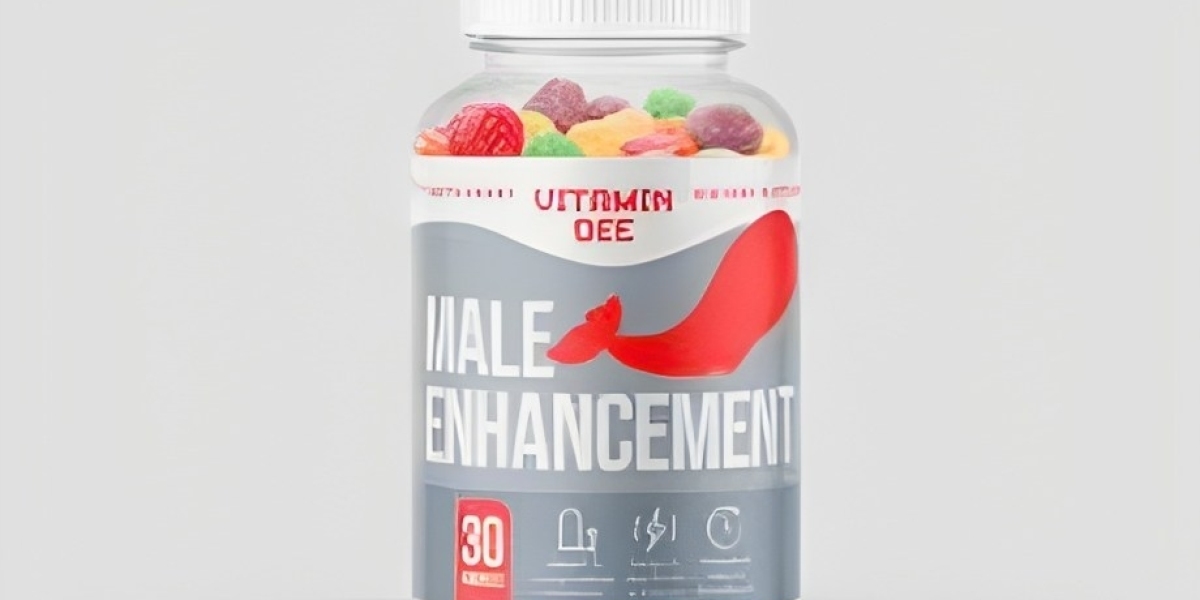According to Stratview Research, the structural insulated panel market was estimated at USD 11.75 billion in 2021 and is likely to grow at a CAGR of 5.6% during 2022-2028 to reach USD 17.27 billion in 2028.
In the world of construction, innovation is the cornerstone of progress, and the Structural Insulated Panel (SIP) market is leading the way in shaping the future of sustainable and efficient building practices. Structural Insulated Panels have revolutionized the construction industry, offering a more environmentally friendly and cost-effective approach to building homes and commercial structures. In this article, we will explore the dynamic landscape of the SIP market, its remarkable features, and its role in building a more sustainable and energy-efficient future.
The Rise of Structural Insulated Panels
Structural Insulated Panels, or SIPs, are a building material system composed of two rigid insulation boards sandwiched between two layers of structural board. The result is a highly insulated, airtight panel that acts as both the structural framework and insulating envelope of a building. This innovative approach to construction is reshaping the industry for several compelling reasons:
Energy Efficiency: SIPs offer superior insulation, minimizing thermal bridging and reducing energy consumption. They help create well-insulated, airtight structures, which require less heating and cooling, ultimately saving energy and costs.
Quick Construction: SIPs are prefabricated off-site, allowing for faster and more predictable construction times. The panels can be customized to fit specific project requirements, saving time on the job site.
Green Building: Sustainability is at the forefront of modern construction. SIPs are made from eco-friendly materials and can be recycled. They also reduce waste, as they are manufactured to precise measurements and cut to order.
Strength and Durability: The structural nature of SIPs enhances the strength of the building. These panels are capable of withstanding severe weather conditions and natural disasters, making them a popular choice for hurricane-prone areas.
Versatility: SIPs can be used for a wide range of building applications, from residential homes and commercial structures to industrial warehouses and institutional buildings.
The Impact on Sustainable Construction
SIPs are a key driver in the shift towards more sustainable construction practices. Their environmentally friendly features include:
Reduced Energy Consumption: The exceptional insulation properties of SIPs result in reduced energy consumption for heating and cooling, thereby lowering the carbon footprint of a building.
Less Material Waste: SIPs are manufactured to precise specifications, which reduces material waste during construction.
Lower Emissions: Sustainable building practices are crucial in reducing greenhouse gas emissions. SIPs contribute to achieving this goal by creating energy-efficient structures that require less energy and produce fewer emissions.
Energy Credits and Certifications: Many building projects that use SIPs may qualify for energy credits and certifications, such as LEED (Leadership in Energy and Environmental Design) and Energy Star, which further promote sustainability.
Longevity: The durability of SIPs ensures that buildings last longer, reducing the need for new construction and the associated environmental impact.
Building a Sustainable Future
As the Structural Insulated Panel market continues to grow, it's clear that the construction industry is evolving towards a more sustainable and energy-efficient future. SIPs have proven to be a driving force in this transition, offering innovative solutions for builders and developers looking to reduce environmental impact while maintaining high-quality construction standards.
SIPs represent not just a technological advancement in construction but also a commitment to building a sustainable future where energy-efficient, eco-friendly, and resilient structures are the norm. As the demand for sustainable building practices grows, the SIP market will play an increasingly pivotal role in building the future we all envision.



![How to Get Suboxone [2mg / 8mg] Immediately For Avoiding Opioid Withdrawal, California??](https://f002.backblazeb2.com/file/yoosocial/upload/photos/2024/04/ibInWxl3wb88yupsmPFy_18_63c77f700da6c079607d8164f5d59191_image.png)





